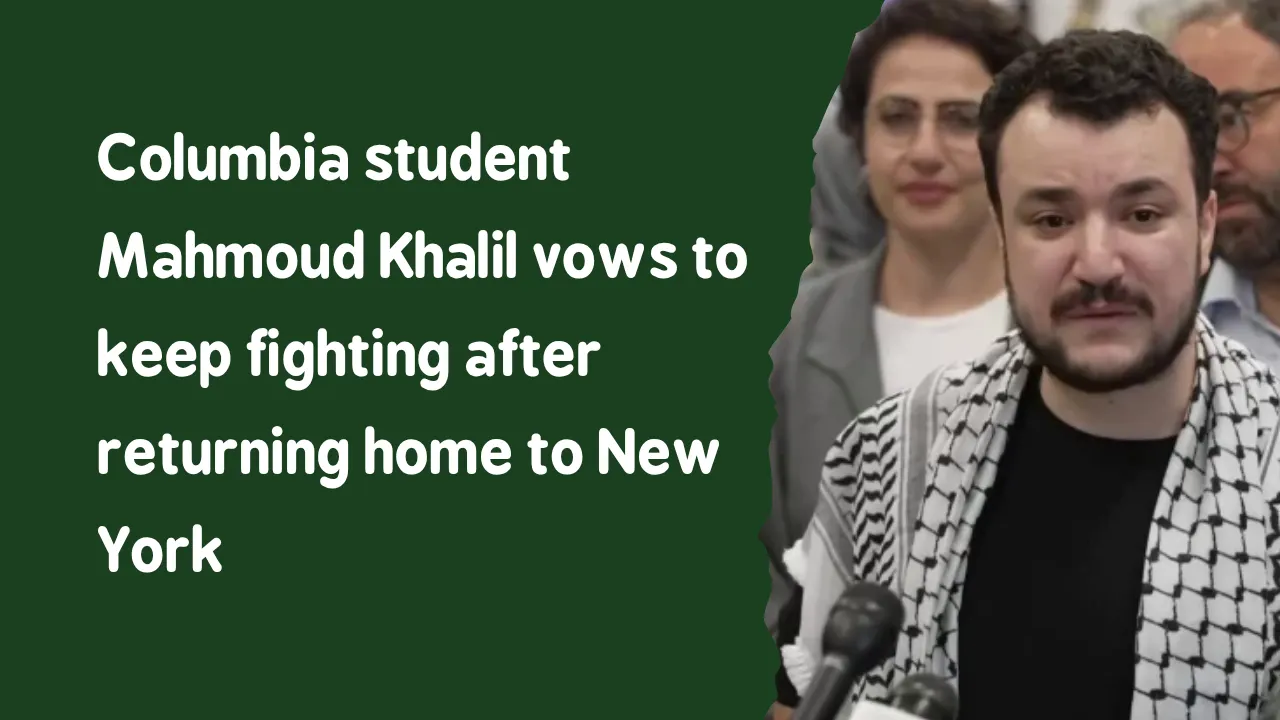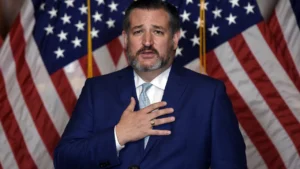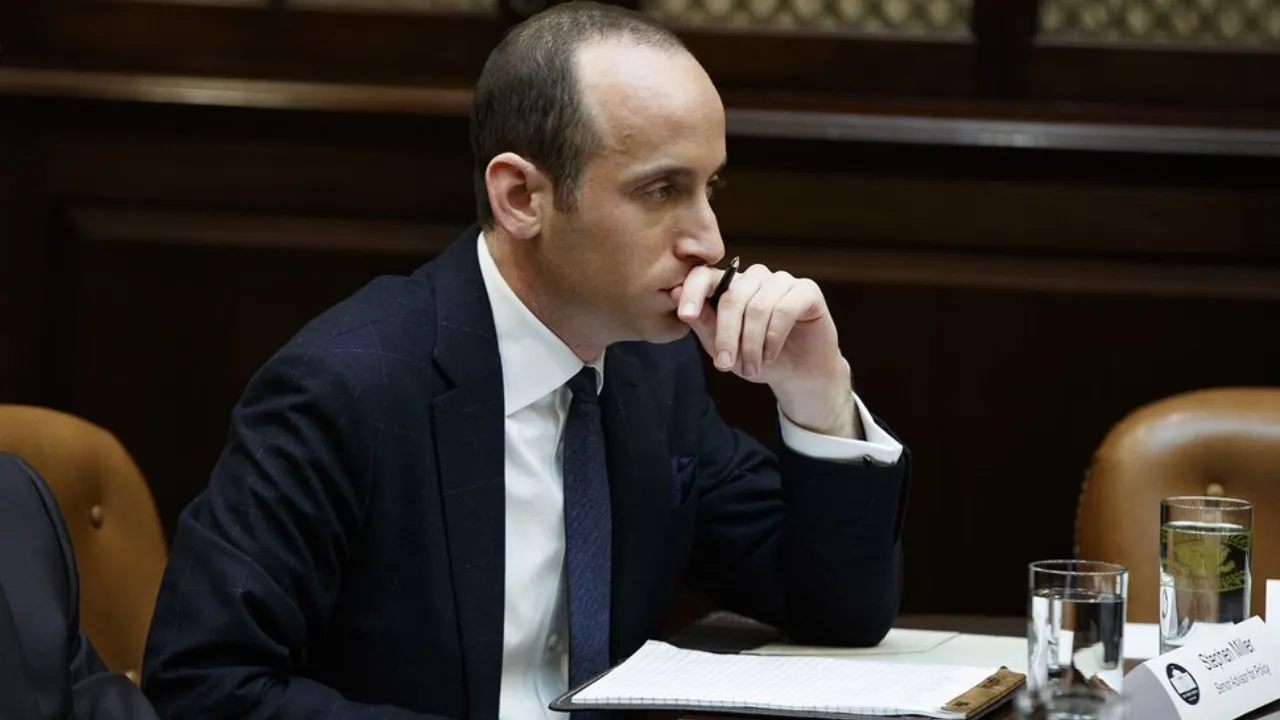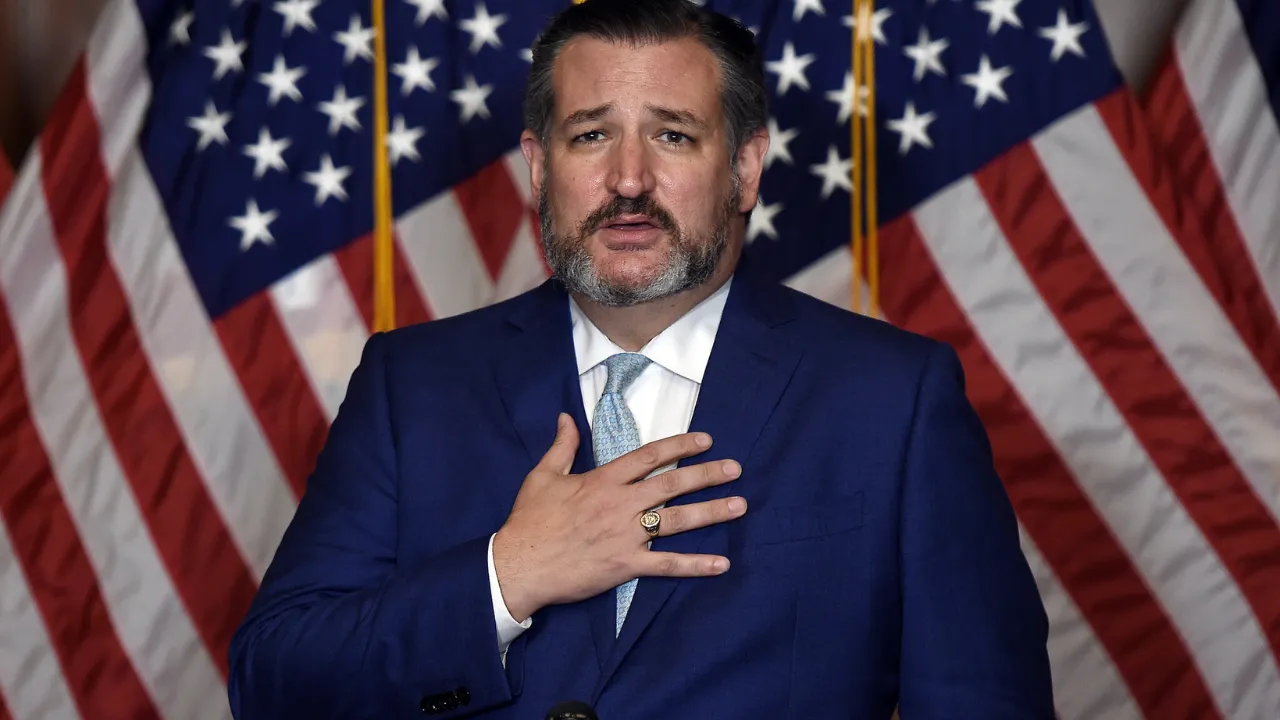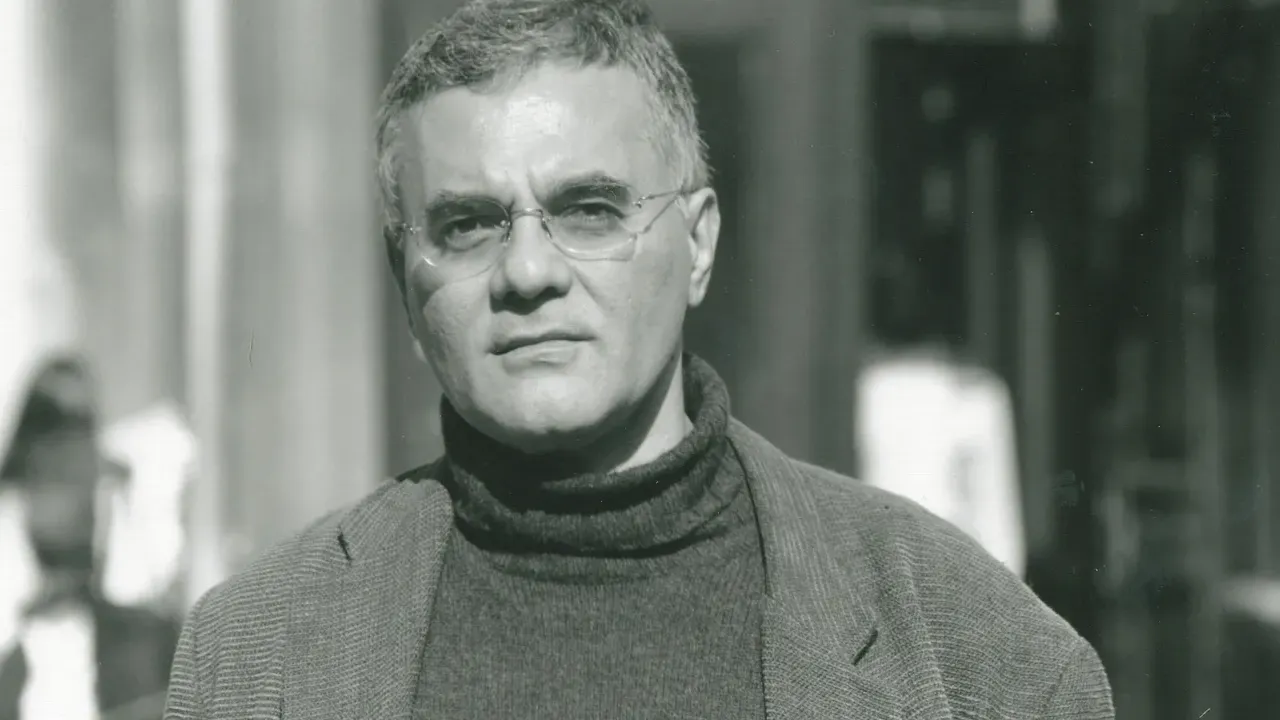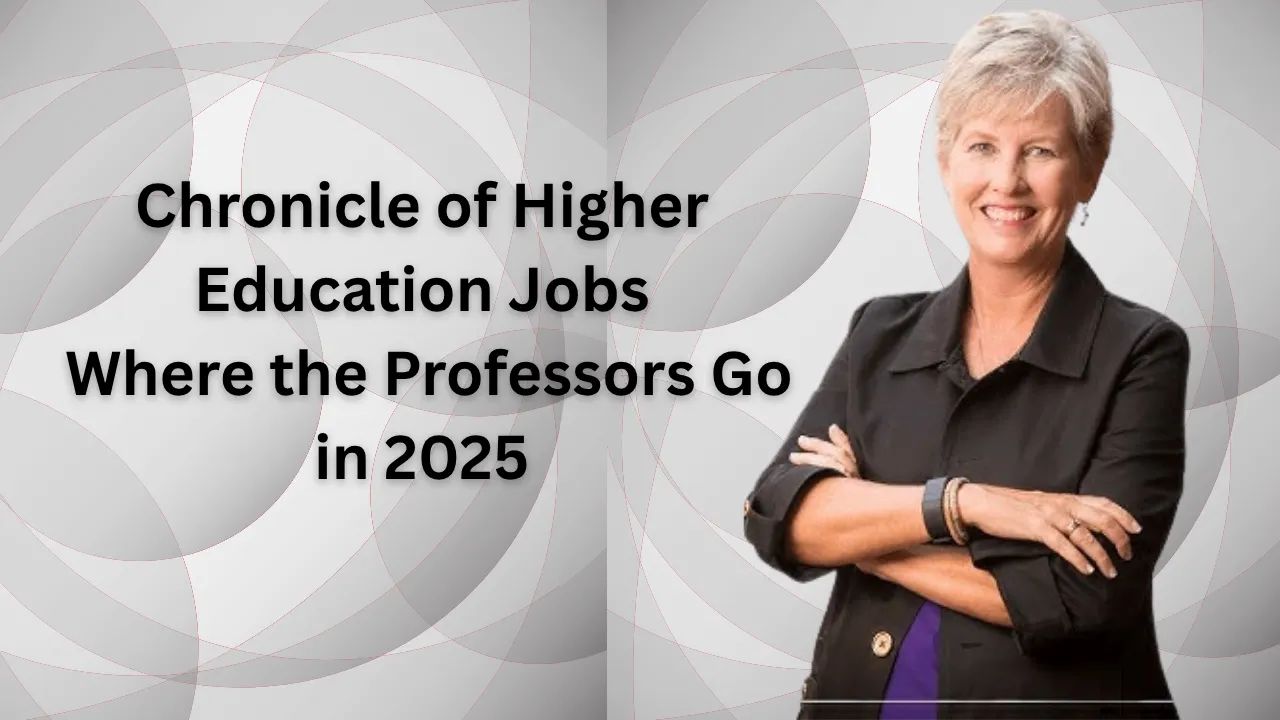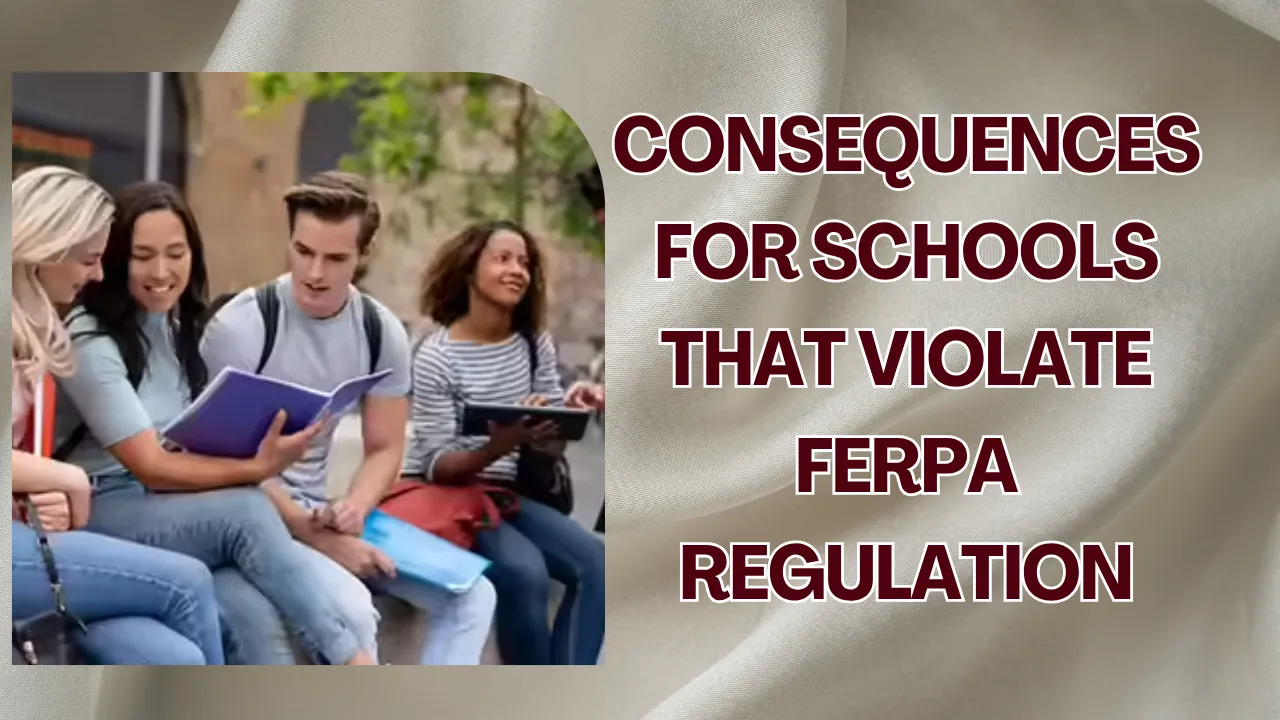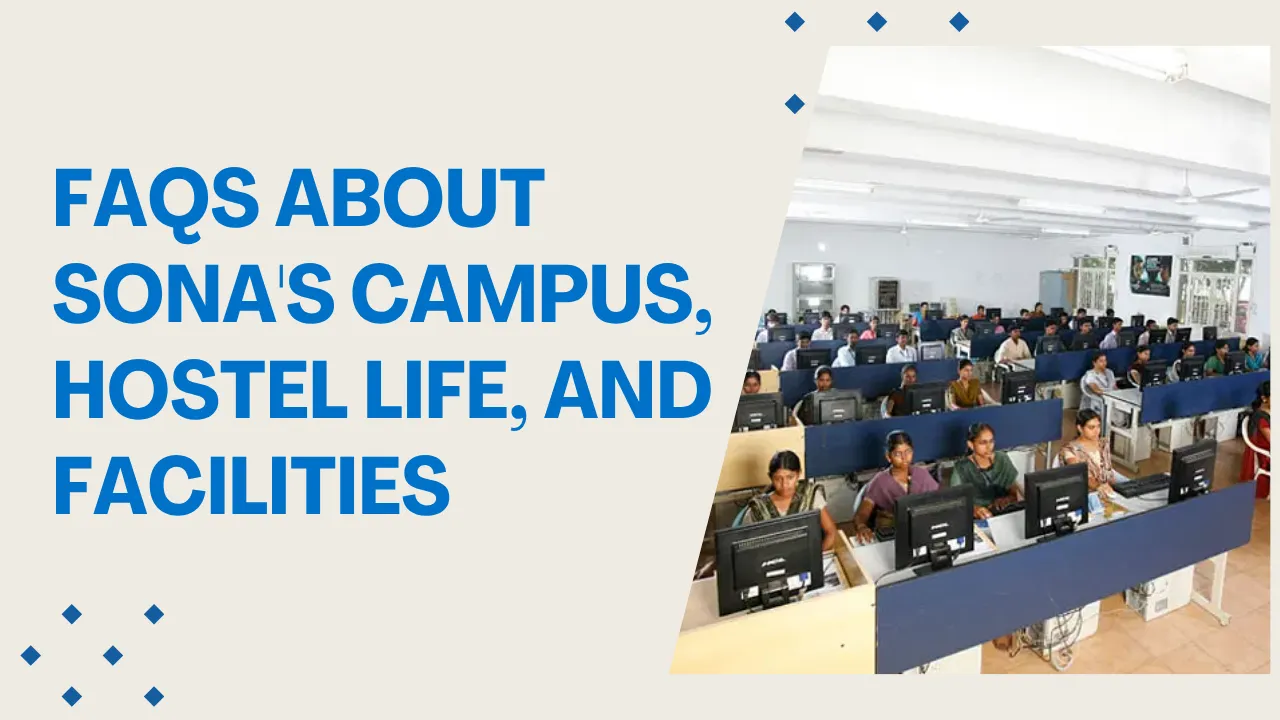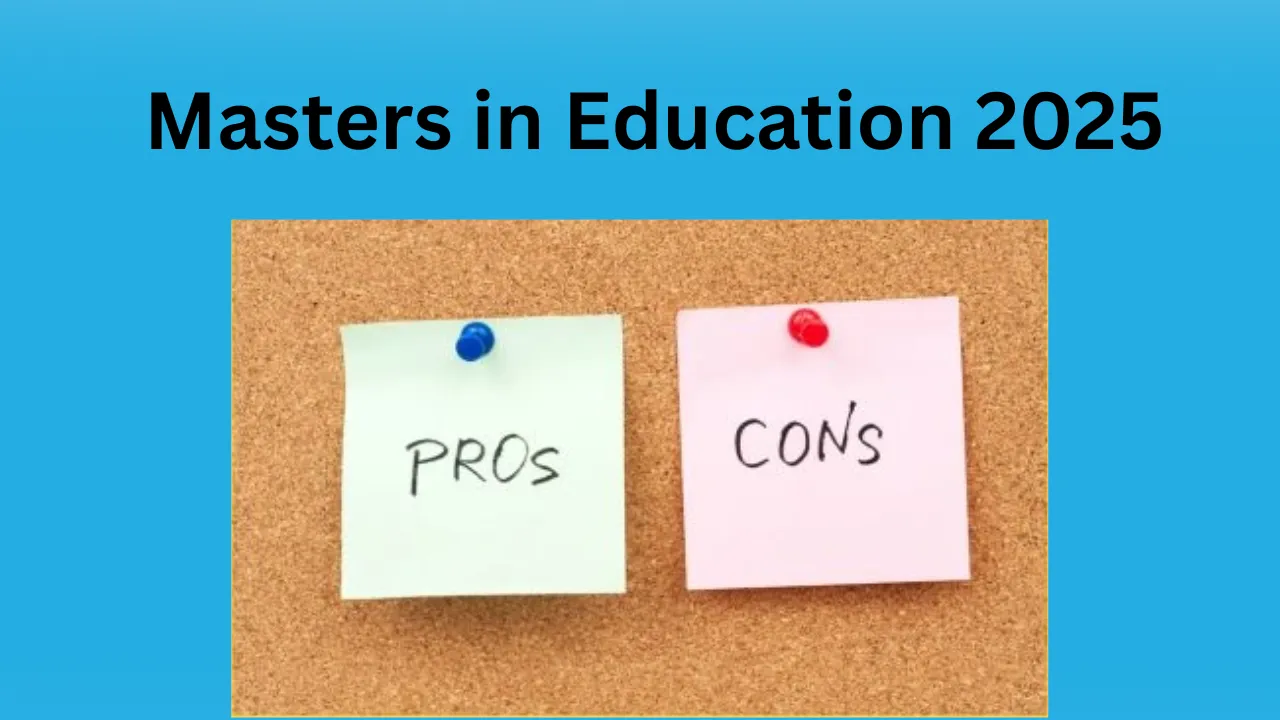Mahmoud Khalil: After more than three months in immigration detention, Mahmoud Khalil, a Columbia University student and pro-Palestinian activist, returned home to a powerful welcome in New York. Greeted at Newark Airport by his wife, newborn son, and supporters, Khalil immediately reaffirmed his dedication to speaking out against what he describes as the genocide in Gaza.
His dramatic return capped off a months-long legal saga that sparked national debate about freedom of speech, immigration policy, and the treatment of politically active foreign students. Despite the hardship, Khalil made it clear—his fight is not over.
Mahmoud Khalil
The case of Mahmoud Khalil gained widespread attention after his arrest in March from Columbia’s student housing in New York. Immigration officers swiftly transported him to a detention facility in Louisiana, where he spent over 100 days. Despite facing accusations of omitting information on his immigration documents, Khalil had no criminal record and was held without formal charges.
Upon returning, he stood firm in his beliefs, stating that his voice would not be silenced. He pointed to his detention as evidence of a broader campaign to suppress pro-Palestinian activism and vowed to continue advocating for Gaza, regardless of personal consequences.
Overview Table
| Detail | Information |
| Name | Mahmoud Khalil |
| Age | 30 |
| Detention Period | March–June 2025 |
| Detention Location | Jena, Louisiana |
| Reason for Detention | Alleged omissions in immigration paperwork, national security concerns |
| Legal Status | Lawful permanent resident |
| Released On | June 20, 2025 |
| Key Supporters | Family, human rights advocates, political figures |
| Activism Focus | Gaza solidarity, freedom of speech, anti-genocide protests |
| Ongoing Legal Status | Subject to appeal by the federal government |
What Happened to Mahmoud Khalil?
Khalil was arrested at his Columbia University housing unit without prior notice. The government claimed he posed a national security risk and cited provisions from old immigration laws to justify his detention. These claims, however, were widely criticized as vague and unsupported. The circumstances of his arrest and prolonged detention raised serious concerns among civil rights advocates.
He was accused of omitting minor employment details and other past affiliations from his immigration paperwork. Many questioned whether such minor discrepancies should justify long-term detention, especially for someone with no criminal history.
Court Ruling and Release
After months in detention, a federal judge ordered Khalil’s release. The court found that he posed no danger to the public and was not a flight risk. The ruling described the evidence provided by the government as insufficient and called into question the legitimacy of the national security argument used to detain him.
Khalil was released under conditions, including surrendering his passport and travel restrictions. Nonetheless, he returned to New York with renewed resolve to continue his advocacy and to reunite with his wife and son, who was born during his time in detention.
What Mahmoud Khalil Has to Say
Upon arriving at Newark Airport, Khalil was clear in his message: his detention only strengthened his commitment. He declared that attempts to suppress his voice had failed. For him, the fight is about more than his personal story—it’s about challenging systems that silence political dissent, especially when it comes to support for Palestine.
He emphasized that this experience was not just about his rights, but the rights of all activists who choose to stand up for humanitarian causes, even when it’s politically unpopular.
Who Stood with Khalil?
Khalil’s release was widely celebrated by advocates and politicians who viewed his detention as politically motivated. Prominent voices in government and advocacy groups criticized the use of immigration detention as a tool to target political dissenters.
His wife, a doctor, had given birth to their son while Khalil remained behind bars. Supporters argued that separating a family under questionable legal circumstances was both unethical and unnecessary.
The Government’s Position
The federal administration maintained that Khalil’s presence in the U.S. posed a security risk. It cited older immigration laws that give discretionary power to the Secretary of State and other officials to deny residency to individuals believed to threaten national interest.
However, critics have pointed out that the justification used in Khalil’s case was not backed by substantial evidence. Much of the government’s argument rested on unverified claims, and the case was seen as part of a broader pattern of targeting pro-Palestinian individuals.
Continued Legal Process
Even after his release, the legal battle isn’t over for Khalil. The government quickly filed an appeal, meaning the case could still go through further court scrutiny. Khalil’s legal team has stated they are prepared to fight the appeal and defend his right to remain in the U.S.
While his status remains under review, Khalil is restricted from international travel and must remain within the jurisdiction set by the court. His next steps will likely include continued legal proceedings and public advocacy.
Larger Implications
Khalil’s situation is part of a troubling trend where politically active students face intense scrutiny. Several other foreign-born students and professors have faced similar arrests and detentions over the past year. The use of immigration enforcement in this manner has raised alarms among universities, civil liberties groups, and international observers.
There are growing concerns that freedom of speech is being undermined, especially for those who express dissenting views on international conflicts or government policies.
What’s Next for Khalil?
Now back in New York, Khalil is focusing on his family, advocacy, and finishing his education. He has expressed a desire to return to Columbia and resume his work with student groups. He also plans to meet with lawmakers and raise awareness about the use of immigration policy as a tool to stifle dissent.
Khalil’s message is clear: he sees his struggle as part of a bigger movement. He hopes that his story will serve as an example of resilience and inspire others to continue speaking out, even when it feels risky.
Final Thoughts
The journey of Mahmoud Khalil is far from over, but his release marks a significant moment in the fight for free speech and political expression in the U.S. For many, he is now a symbol of defiance, resilience, and the power of solidarity. His case highlights the need for greater transparency and fairness in immigration enforcement, especially when it intersects with political activism.
As legal proceedings continue, the public and media will be watching closely to see whether the justice system upholds his right to speak, protest, and live freely in the country he now calls home.

